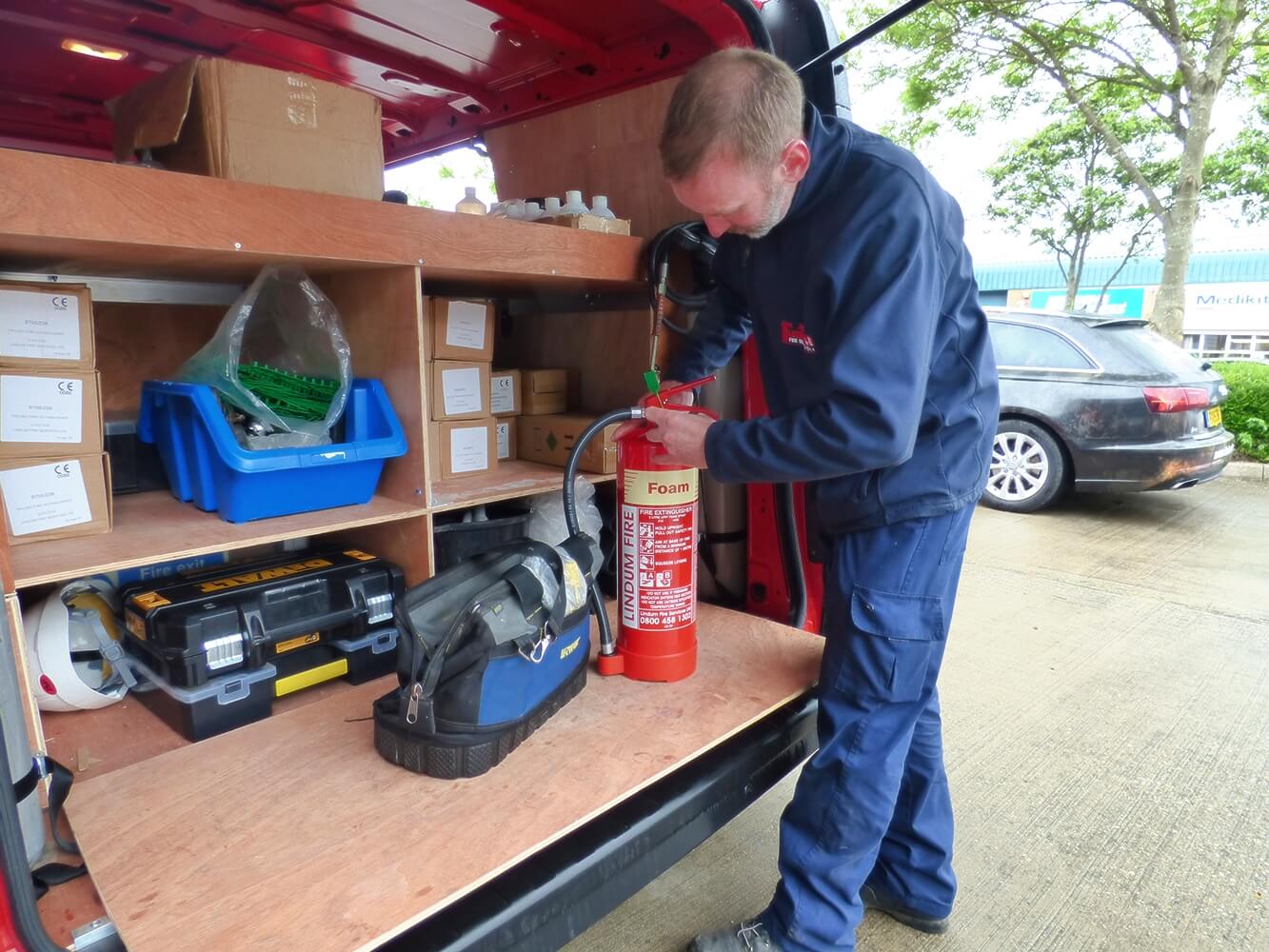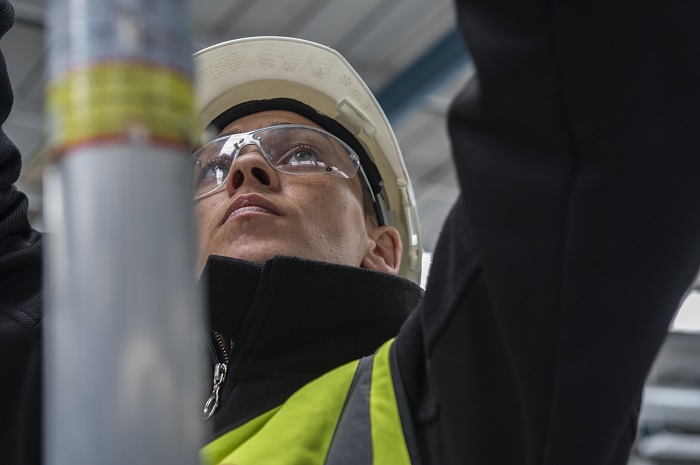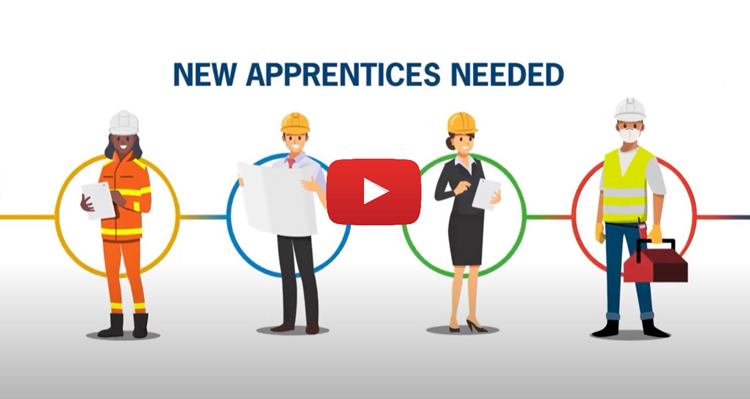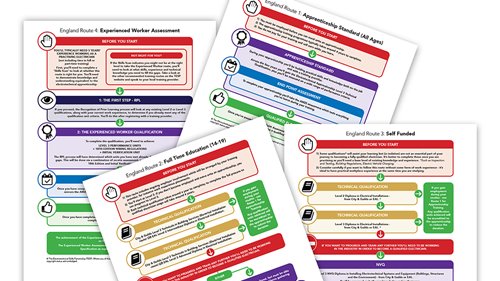Home-thoughts from abroad: ‘What should they know of England who only England know?’

If foreign travel is meant to broaden the mind, then for a second successive summer my family and I are facing another mind-narrowing experience, stuck here at home.
But even if our closest encounter with abroad is likely to be a hazy view of the French coast twenty miles across the Channel, the chance to begin reading a new book has transported me happily onto something like a global grand tour – albeit a virtual one.
These [blogs] will set out my reflections on what Work and Labor Relations can tell us about the UK
With a far-from-snappy title – Work and Labor Relations in the Construction Industry: An International Perspective – and no less than 22 academic authors, this new book is hardly an easy beach-read. But for a closet nerd, simultaneously frustrated and fascinated by the multiple dysfunctions of UK construction’s employment and skills system, this book offers a treasure trove of revelations, parallels and contrasts. As Rudyard Kipling’s words above make clear, it is only after finding out about other countries that we start genuinely to understand our own.
My holiday project this summer, therefore, is to write the present and four subsequent blogs. These will set out my reflections on what Work and Labor Relations can tell us about the UK through its extensive accounts of what goes on in countries as varied as Russia, Argentina, Australia, Denmark, Ghana, Sweden, Lebanon, Brazil, Germany and the United States.
In the next three weeks, I intend to cover three important themes in turn – namely, the role and impact of immigration, the drivers and obstacles for skills development, and the perennial issue of employment standards. In my fifth and final blog, I will suggest some of the ways in which the UK’s situation could be significantly improved by adapting some of the lessons and practices already shown to work elsewhere.
The UK’s construction sector is in many respects an outlier, at least among wealthier, more developed nations
The suggestion that we in the UK can and should seek to learn from overseas probably sounds unremarkable, except that I can find little or no evidence of any other recent attempt to do so. Of course, ‘construction improvement’ leaders, such as Egan, Wolstenholme and Farmer, have had plenty to say about the industry’s need to adopt practices from other sectors, especially manufacturing. They have remained notably silent, however, about the availability of alternative models from within construction itself.
Work and Labor Relations confirms that the UK’s construction sector is in many respects an outlier, at least among wealthier, more developed nations. Our reliance on subcontracting and ‘self-employment’ is significantly higher, and our skills development and productivity performance significantly lower than those of comparable nations, such as Australia, Denmark, Germany and the United States. Indeed, many aspects of our experience in the UK find uncomfortable parallels with those of the beleaguered construction sector in Russia.
For all these reasons, and in common with the previous academic literature, Work and Labor Relations characterizes the UK’s construction industry model as a ‘low-road’ one – contrasting this with the ‘high-road’ approach pursued elsewhere, especially in other parts of northern and north-western Europe. Typical ‘low-road’ features include:
- Widespread use of subcontracting for non-efficiency-based reasons – e.g. cost minimisation, commercial risk transfer, avoidance of responsibilities for employment and training
- Weak regulation and/or enforcement of business, occupational and employment standards
- Low levels of trade union membership and collective bargaining coverage
- High proportions of casual labour, including dependent self-employment
- Inadequate investment in training
- Heavy reliance on migrant workers from lower income countries
- Workforces with narrow and inflexible skillsets.
Geographical differences and national/ regional cultures may also lead to different practices and behaviours within the same country
I will return to the low-road/ high-road distinction, and its wider consequences for UK construction and its stakeholders, throughout this series of blogs. Moreover, my final blog will, in effect, attempt to chart a path away from the ‘low road’ and up to the ‘high road’.
Before closing, however, I must issue a word of warning against over-simplification.
Whilst it may be intellectually handy to attach broad labels such as ‘high road’ or ‘low road’ onto different nations’ construction sectors, these should not be allowed to mask the existence of sometimes wide variations within countries.
Several country chapters in Work and Labor Relations, for example, highlight the residential construction market as especially prone to ‘low-road’ practices, even when commercial and industrial construction in the same countries demonstrate ‘high-road’ features – such as in Australia and the United States.
Geographical differences and national/ regional cultures may also lead to different practices and behaviours within the same country. Levels of construction direct employment and apprenticeship training in Scotland, for example, are substantially higher than the UK average, whereas London’s are substantially below.
Even more glaring contrasts can exist between different trades – with lower-skilled sectors, such as drylining, cladding and painting, more likely to find themselves locked into a ‘low-road’ equilibrium than their higher-skilled counterparts.
Electrotechnical and other higher-skilled sectors do have a valuable story to tell the rest of construction
This final point is important from the perspective of ECA and its members, since, as a higher-skilled sector, electrotechnical and engineering services have managed, in part at least, to insulate themselves from the debasement of skills and employment standards evident elsewhere. Even in the ‘low-road’ context of the UK, levels of direct employment are still relatively high and traditions of apprenticeship training remain comparatively strong.
This is not an invitation to self-congratulation and complacency, however. Levels of agency and self-employment in key parts of the electrotechnical sector are still unsustainably high, and – apart from Scotland – apprentice numbers remain pitifully low in comparison with those in Germany, Sweden and Denmark.
Within the confines of what passes for best practice in the UK, however, electrotechnical and other higher-skilled sectors do have a valuable story to tell the rest of construction. In particular, by our comparative success in maintaining at least some aspects of a ‘high-road’ approach, in defiance of prevailing ‘low-road’ norms, we also have the opportunity, and arguably a moral obligation, to offer a lead which other less fortunate sectors may, in time, be encouraged to follow.
Next time: Why does immigration play such a big role in construction, and why does it tend to be more prevalent in some occupations and parts of the country than others? What impact does immigration have on local skills and employment systems? And, how do we strike the right balance between open labour markets, on the one hand, and a strong, sustainable UK skills-base, on the other?
.jpg?width=970&height=90&ext=.jpg)

















.jpg?width=700&height=466&ext=.jpg)





















